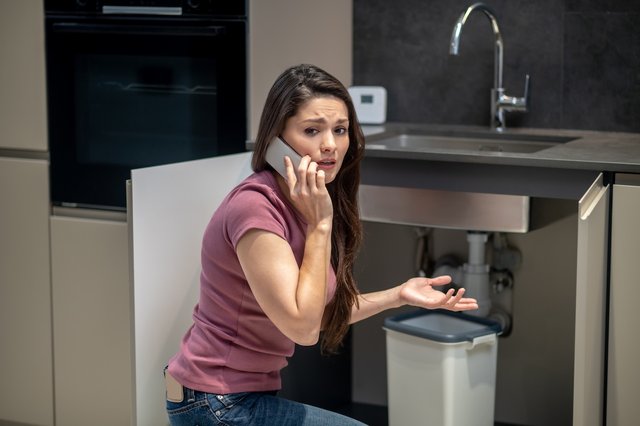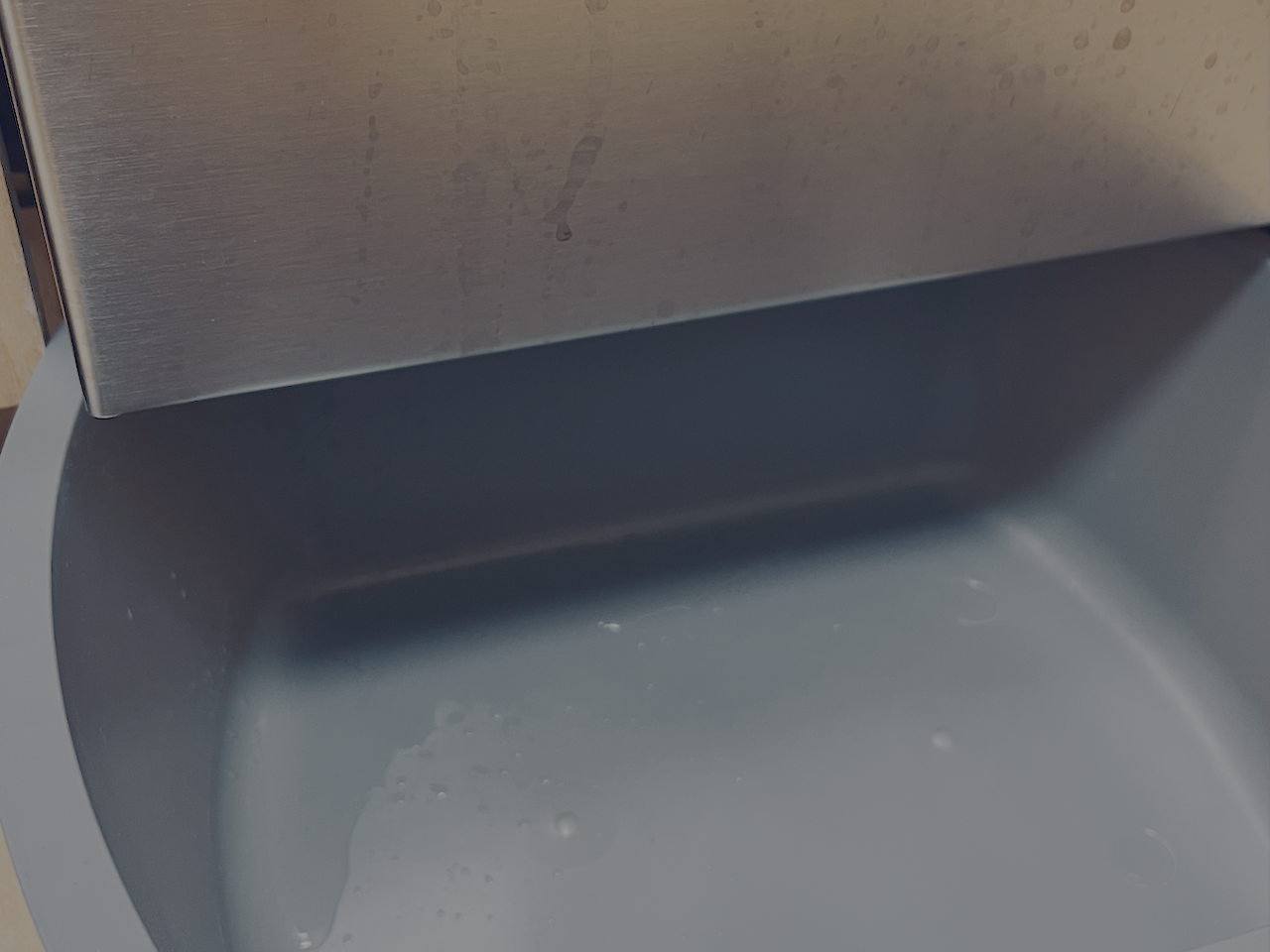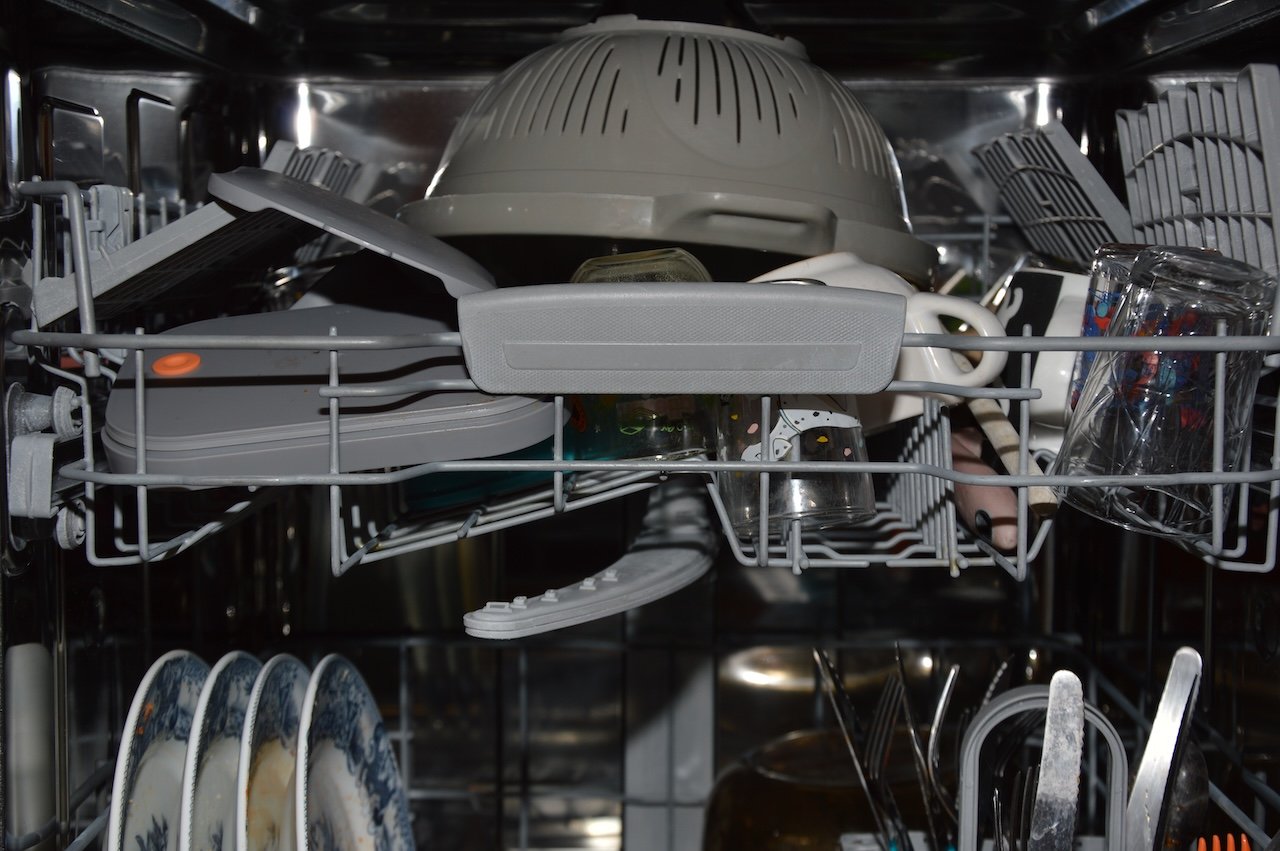How to Fix Dishwasher Leaks: 6 Common Causes & Insurance Tips

A dishwasher leak can sneak up on you: one day everything seems fine, the next you find a puddle on the kitchen floor. Not only is this inconvenient, but water leaks can also cause damage to cabinets, floors, and even your downstairs neighbor’s ceiling if you live in an apartment. The good news is that many leaks come from common, fixable issues. Let’s go over the most frequent causes, what you can do to fix them, and whether renters insurance would step in if damage happens.
Common Causes of Dishwasher Leaks (and How to Fix Them)
1. Door Seal (Gasket) Problems
- What happens: The rubber gasket around the door can wear out, crack, or collect food debris, letting water escape.
- How to fix it:
- Wipe down the gasket with warm, soapy water to remove grime.
- If you see cracks or brittleness, replace the gasket. Most are inexpensive and easy to install.
- Wipe down the gasket with warm, soapy water to remove grime.

2. Loose or Damaged Hoses
- What happens: Dishwashers use hoses to bring in fresh water and drain dirty water. If a hose is loose, kinked, or cracked, it can leak.
- How to fix it:
- Pull the dishwasher slightly out and check the inlet and drain hoses.
- Tighten loose connections with a clamp or wrench.
- Replace any cracked hoses—many hardware stores carry standard replacements.
- Pull the dishwasher slightly out and check the inlet and drain hoses.
3. Overloading or Wrong Detergent
- What happens: Using too much soap, or using regular dish soap instead of dishwasher detergent, can create excess suds that spill out.
- How to fix it:
- Use only dishwasher-specific detergent.
- Load dishes according to the manual so the spray arms can move freely.
- Use only dishwasher-specific detergent.

4. Faulty Float Switch
- What happens: The float switch controls water levels inside your dishwasher. If it sticks, the appliance might overfill and leak.
- How to fix it:
- Check if the float (a small plastic dome or cylinder inside the tub) moves freely.
- If it’s stuck, clean around it. If it’s broken, replacing the switch may require professional help.
- Check if the float (a small plastic dome or cylinder inside the tub) moves freely.
5. Broken Pump or Pump Seal
- What happens: The dishwasher pump circulates water. If the pump housing or its seals fail, water may leak beneath the unit.
- How to fix it:
- Inspect for water pooling under the dishwasher.
- Replacing a pump seal is possible for DIYers, but pump replacement often requires a technician.
- Inspect for water pooling under the dishwasher.
6. Uneven Leveling
- What happens: A dishwasher that isn’t level can tilt water toward the door and leak.
- How to fix it:
- Use a level tool.
- Adjust the legs until the dishwasher sits evenly on the floor.
- Use a level tool.
Preventing Future Leaks
- Clean the filter and gasket regularly.
- Run vinegar or dishwasher cleaner cycles monthly.
- Don’t slam the door—this keeps the gasket in good shape.
- Check under and behind the dishwasher once in a while for early signs of water.
Does Renters Insurance Cover Dishwasher Leaks?
Here’s where it gets important:
- Damage to your personal property: If your dishwasher suddenly leaks and damages your belongings (like rugs or electronics nearby), renters insurance often covers that.
- Damage to the rental unit: If water seeps into cabinets, walls, or floors, that’s usually the landlord’s responsibility, not yours.
- Damage to others: If water drips into your downstairs neighbor’s apartment, liability coverage in your renters insurance may step in.
⚠️ But note:
Renters insurance generally covers sudden and accidental leaks, not ongoing or neglected maintenance problems. If the insurer finds the leak came from long-term wear and tear (like ignoring a bad hose for months), coverage may be denied.
The dishwasher itself isn’t covered—appliances are considered part of the landlord’s property.
Final Thoughts
A leaking dishwasher doesn’t always mean an expensive disaster. Many leaks come from easy-to-fix issues like gaskets or hoses. Still, water damage can get out of hand quickly if left unchecked. If you rent, remember that renters insurance is your safety net for sudden water damage to your belongings or liability to neighbors.
Find your perfect insurance policy
Compare the top insurance brands at once for free


